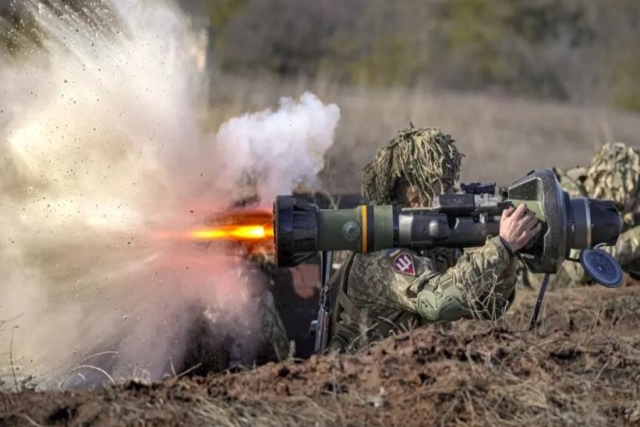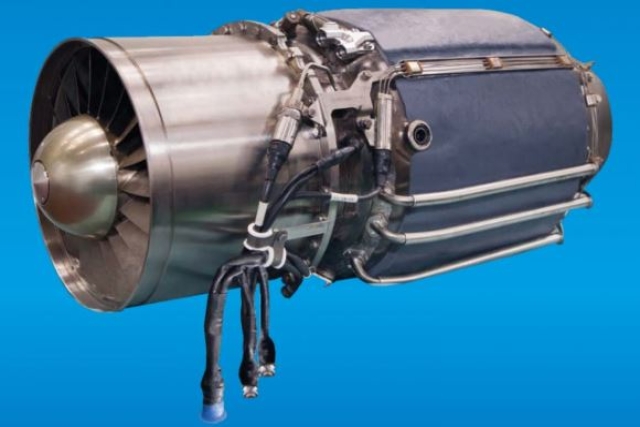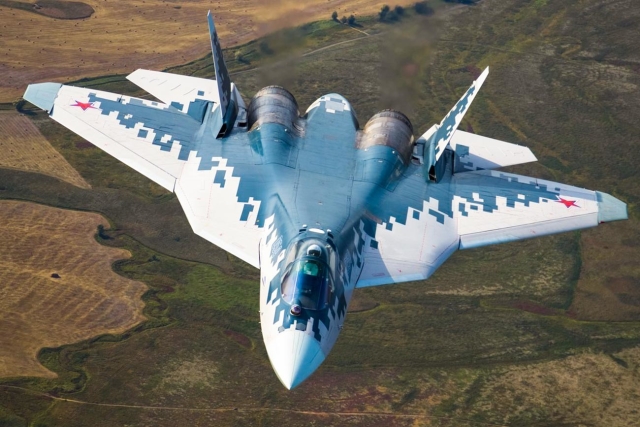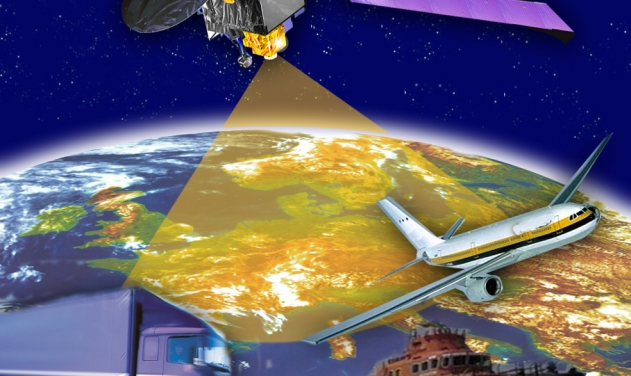U.S. to Provide $20B to Ukraine from Frozen Russian Assets
Treasury Secretary Janet Yellen Confirms Contribution as Part of G7's $50B Loan Package to Support Ukraine's Defense Against Russia
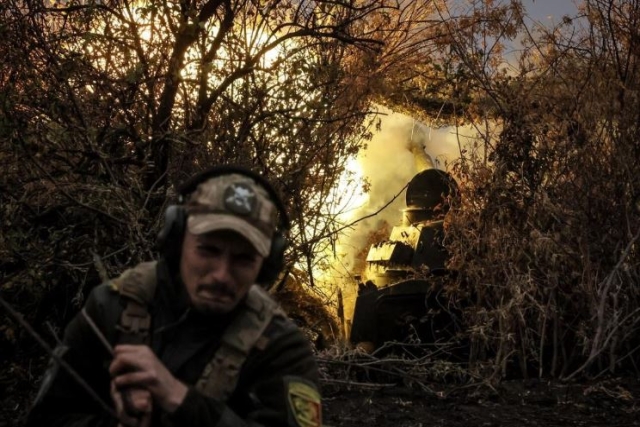
The United States has announced its decision to allocate $20 billion to Ukraine, a move backed by immobilized Russian assets.
“There is important news from the United States: America has made the decision to provide $20 billion. These funds are secured by immobilized Russian assets and are part of the G7’s decision to allocate $50 billion to Ukraine, aimed at supporting our defense and resilience,” Ukrainian President Volodymyr Zelenskyy confirmed.
This funding is part of a broader G7 initiative aimed at providing a total of $50 billion to bolster Ukraine's defense and resilience amid ongoing conflict with Russia.
During a meeting in Washington on Tuesday with Ukraine's Minister of Finance, Sergii Marchenko, U.S. Treasury Secretary Janet Yellen stated that the U.S. is "very close" to finalizing the $20 billion contribution as part of a comprehensive loan package. This package is intended to be repaid through income generated from frozen Russian assets, thus shifting the financial burden of the war onto Russia rather than American and European taxpayers.
Yellen highlighted the strategic importance of the loan, stating, "The United States will join the G7 to provide a $20 billion loan to Ukraine that will be repaid by proceeds derived from Russia’s own assets. This means that as we look ahead, Russia will increasingly be forced to bear the costs of its illegal war." This announcement comes as G7 nations continue to negotiate the details of the loan package, which was agreed upon during a meeting in June.
The loan aims to secure longer-term funding for Ukraine’s defense efforts while insulating it from potential fluctuations in U.S. political support. With the upcoming presidential election, the Biden administration seeks to ensure that funding remains steady, despite skepticism from some Republican leaders, including former President Donald Trump, regarding further assistance to Ukraine.
In parallel, the European Parliament has moved forward with its own contribution to the loan, expected to be approximately $38 billion (€35 billion). However, this figure may decrease following the U.S. allocation. The United Kingdom has also approved a separate contribution of about $3 billion.
Concerns had arisen regarding the immobilization of Russian assets, particularly as the U.S. sought greater assurances from the European Union (EU) regarding the longevity of the asset freeze. The majority of frozen Russian assets are located in Europe, and the EU requires a unanimous vote every six months to renew sanctions that block these assets. Hungary's Prime Minister Viktor Orbán, who has been sympathetic to Russian President Vladimir Putin, previously hindered changes to the sanctions regime.
Despite these challenges, Yellen expressed confidence in the security of the loan package. "We have a high degree of confidence that the money will be there and will remain locked down," she stated, affirming that the asset freeze is part of a broader sanctions strategy that would be "inconceivable" to terminate while Russia continues its invasion of Ukraine.
